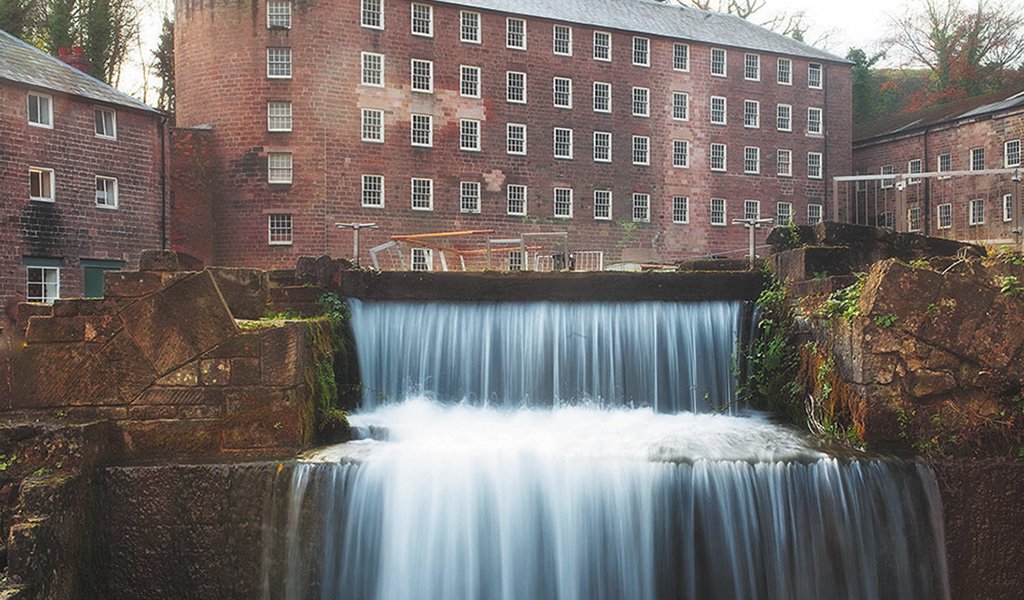With Cromford Mills open again for tours, new research suggests Richard Arkwright may have had a saucier industry in mind for his water-powered cotton spinning machinery than is traditionally thought. Mill owner Arkwright’s apparent heavy investment in making stockings and hosiery for 18th century customers came at a time when women risked being violently attacked for wearing cotton outer clothes. David Smith and Emily Waterfield report.
ON June 24, 1719, a woman called Dorothy Orwell was attacked when out walking in London on her way to meet friends. She told the magistrate that a large group of men tore off her clothes and left her naked, “threatened her with vile language,” but took no money or possessions. She had been wearing her best printed cotton-calico dress. At around the same time, Robinson Crusoe author Daniel Defoe said the import of calico was “a Disease in Trade; ‘tis a Contagion.” The attack on Dorothy was one of several similar incidents at the time…

